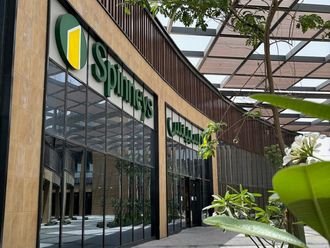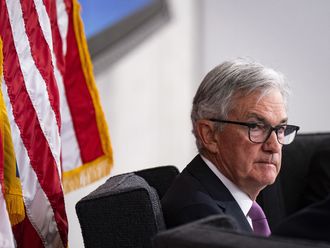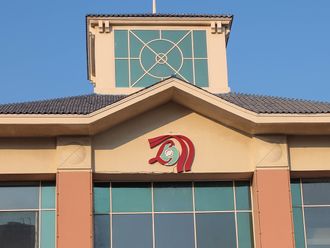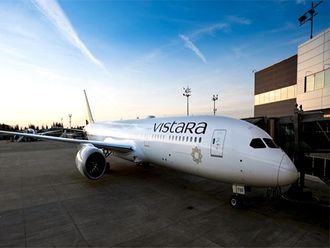Seoul: Asian currencies strengthened last week, led by South Korea's won and the Philippine peso, as signs the global economic recovery will withstand Europe's debt crisis boosted demand for riskier assets.
The Bloomberg-JPMorgan Asia Dollar Index and the MSCI Asia Pacific Index of shares had their biggest gains in at least five months and the won jumped the most in a year.
The Conference Board last week said its leading indicator of China's economy rose by the most in 14 months and the Organisation for Economic Cooperation and Development forecast the fastest growth for South Korea since 2002. Thailand Friday reported its best export growth in almost two years.
"There has been optimism that the impact of Europe's problems on the Asian economy may be limited, supporting the purchase of regional currencies," said Minori Uchida, a senior analyst in Tokyo at Bank of Tokyo-Mitsubishi UFJ, a unit of Japan's biggest bank. "Gains in stocks are also a supporting factor."
The won appreciated 3.6 per cent to 1,202.65 per dollar, according to data compiled by Bloomberg. The peso climbed 1.6 per cent to 45.905 and the Indian rupee was 1.4 per cent stronger at 46.1787.
Tracking
The Bloomberg-JPMorgan Asia Dollar Index, which tracks the region's 10 most-traded currencies excluding the yen, gained 1.0 per cent and the MSCI Asia Pacific Index of shares rose 3.3 per cent. Stocks in South Korea and Taiwan attracted about $1.9 billion (Dh6.97 billion) from abroad, according to data compiled by Bloomberg.
Equity funds investing in Asia excluding Japan took in money for the first time in six weeks, drawing the most since April, according to EPFR Global, which tracks firms overseeing $13 trillion of global assets. Emerging-market stock funds attracted $2.5 billion, the second-highest tally this year.
Korean Finance Minister Yoon Jeung Hyun said on Friday that growth will likely exceed 5 per cent this year and a government report showed spending at the three biggest department stores climbed for a 15th month in May. Gross domestic product will increase 5.8 per cent this year as exports surge and domestic demand strengthens, the OECD said last week.
"The won has been doing pretty well because of the economic fundamentals," said Yun Suk Cho, a currency dealer at Korea Exchange Bank in Seoul. "There is a big possibility that we will break 1,200 against the dollar next week as the markets stabilise."
Thailand's exports jumped 42 per cent from a year earlier in May, the most since July 2008, Commerce Minister Porntiva Nakasai said Friday. The Philippines on June 15 raised its economic growth target for this year to as much as 6 per cent, from a previous goal of 3.6 per cent. Taiwan will this week report an eighth straight gain in export orders and the lowest jobless rate since 2008, according to the median estimates of economists surveyed by Bloomberg.











